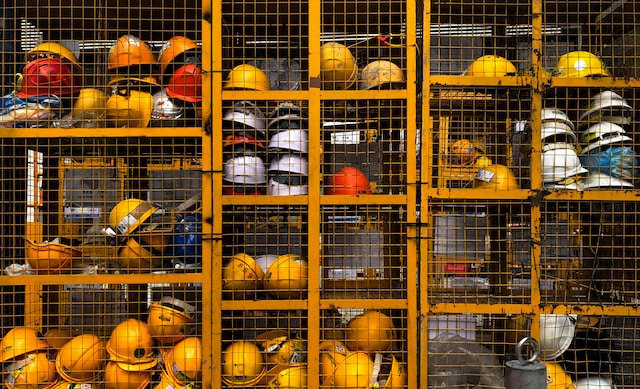The Northwest has always been viewed as a core regional economic hub in the UK, with Greater Manchester leading this charge.
For example, this local economy generates £56 billion of gross value (GVA) per annum, with this sum higher than the corresponding figures for the Northeast (£45 billion), West Yorkshire (£46 billion) and Merseyside (£27 billion).
Of course, all regional economies are fuelled by a huge number of individual, local businesses, each of which require a number of universal factors to succeed.
Interestingly, health and safety is one such factor, which has a multitude of benefits that extend far beyond safeguarding the physical wellbeing of employees. We’ll explore these advantages in more detail below while asking why they’re so impactful.
#1. Create a More Cost-Effective Business
The impact of absenteeism is often understated in the UK, even at a time when the region’s sickness rate reached its highest value since 2010 (with an average of 4.6 days leave taken per worker).
According to analysis of data released by the ONS last November, the increase in sick days taken between 2020 and 2021 has created an additional cost of £3.7 billion for businesses, while the cumulative financial impact of absenteeism peaked at £20.6 billion during the reporting period.
So, even on a fundamental level, protecting your workers and creating a consistent culture of health and safety can automatically reduce workplace absences and minimise the cost of absenteeism. This will simultaneously lower total operational costs throughout the business, creating a leaner and potentially more profitable company over time.
#2. Protected Employees are More Productive
Various studies and datasets have shown that individual employees are also more productive in workplaces that are fully committed to health and safety.
This applies to both physical and mental wellbeing, while companies that actively engage with their staff and take care of them are able to simultaneously reduce the downtime caused by illness and injury and create far higher levels of output.
To provide context, studies by the American Psychiatric Association Foundation have shown that depression alone costs businesses $44 billion in productivity each year.
So, businesses that have a proactive approach to discussing and safeguarding against depression (or similar mental health concerns) will reduce the potential suffering of their employees while optimising levels of morale, engagement and productivity across the board.
#3. Optimise Legal Compliance and Investment
In developed economies like the UK and US, health and safety legislation is enshrined in criminal law and creates clear legal obligations for employers to meet.
These can apply to everything from building regulations to fire safety procedures, and the failure to comply with such laws may threaten both human life and your business’s financial stability.
Health and safety failures may also cause prosecutions and long-term legal conflicts, which can consume huge amounts of company capital and potentially end in significant and debilitating financial sanctions.
Arguably, you may need to demonstrate your commitment to health and safety (and elements of corporate social responsibility) when seeking investment and corporate partnerships too. This will depend on the type of investment or partnership you’re seeking, but prioritising H&S procedures can make the difference between success and failure.


